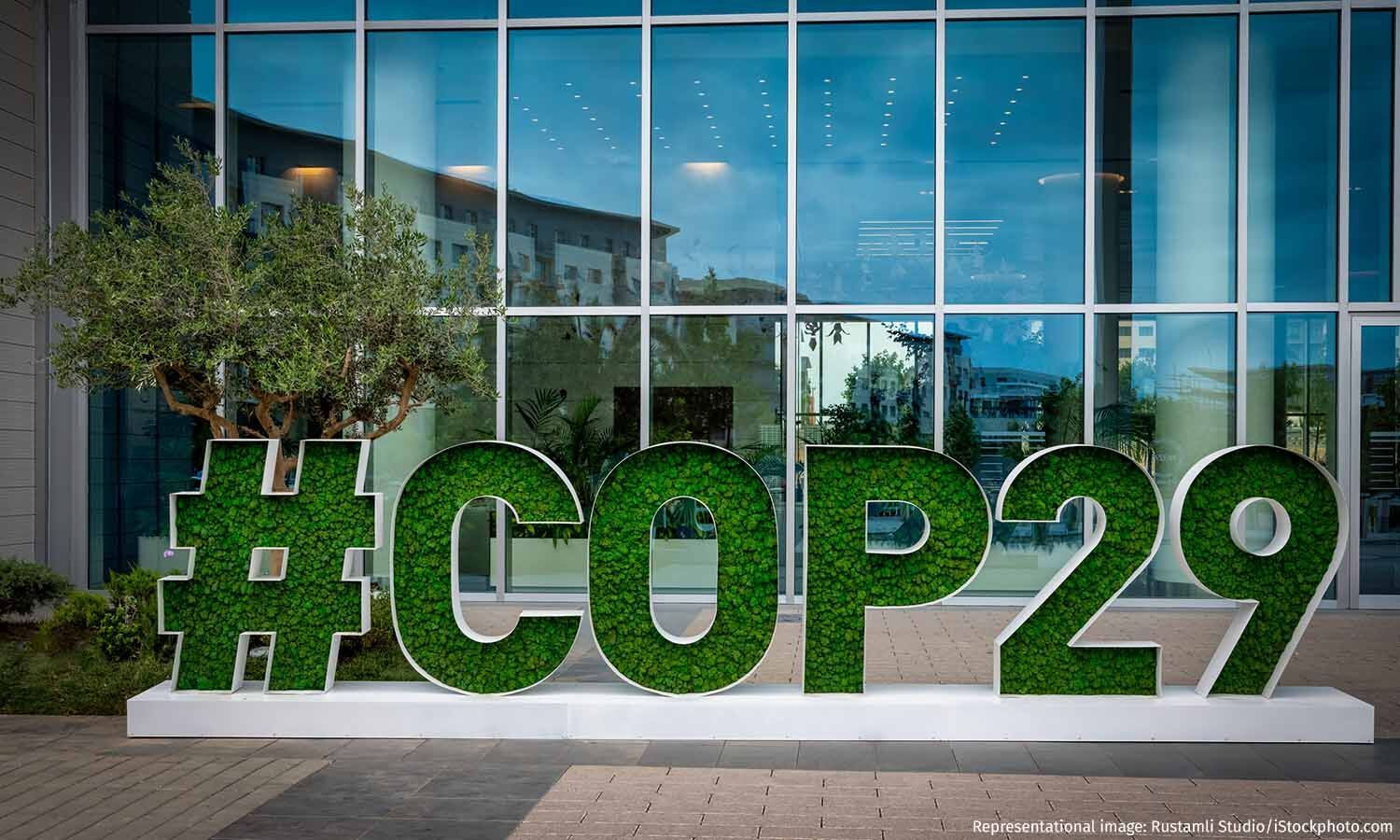Analysis of COP29 NDCs

The upcoming Conference of the Parties (COP29) in Dubai promises to bring together world leaders to submit their Nationally Determined Contributions (NDCs) under the Paris Agreement. The submitted plans will shape the course of global climate action and provide insights into the countries' commitment to reducing greenhouse gas emissions.
Key Findings
- UAE and Brazil Lead the Way: The two countries have set ambitious targets, with UAE aiming for net-zero emissions by 2050 and Brazil projecting a reduction in emissions by 59-67% below 2005 levels.
- UK's Pathway Unclear: Although the UK has pledged to reduce greenhouse gas emissions by 81% on 1990 levels, critics argue that comprehensive plans are needed to deliver this target, particularly for sectors like heating and buildings.
- Energy Transition Targets Needed: Most NDCs fail to provide explicit sectoral energy transition targets, highlighting the need for clearer commitments from developed countries.
Recommendations
- Ambitious Emissions Reductions: All participating countries should submit more ambitious NDCs that align with global goals, such as limiting warming to 1.5°C.
- Energy Transition Targets: Explicit sectoral energy transition targets must be included in all NDCs, with a focus on power sector decarbonization and fossil fuel phase-out by mid-century.
- Global Cooperation: Developed countries must lead the way in emitting reductions, as global emissions are driven largely by their economic growth and development needs.
Country-Specific Analysis
- India: India's NDC 3.0 aims to achieve net-zero emissions by 2070, but critics argue that this target is too ambitious and lacks concrete milestones.
- UAE: UAE's NDC sets an impressive target of becoming carbon-neutral by 2050, but experts caution against relying on "false solutions" like carbon capture and mangrove afforestation to compensate for lack of ambition in energy sector reductions.
Global Leadership Required
The upcoming COP29 presents a critical opportunity for global leadership. Developing countries' growth needs must be prioritized while developed countries drive emissions reductions through their collective action, leading the way toward achieving global goals under the Paris Agreement.
References:
- UNEP Gap Report 2023
- World Resources Institute Brasil climate report
- Energy and Resources Institute (TERI) analysis
